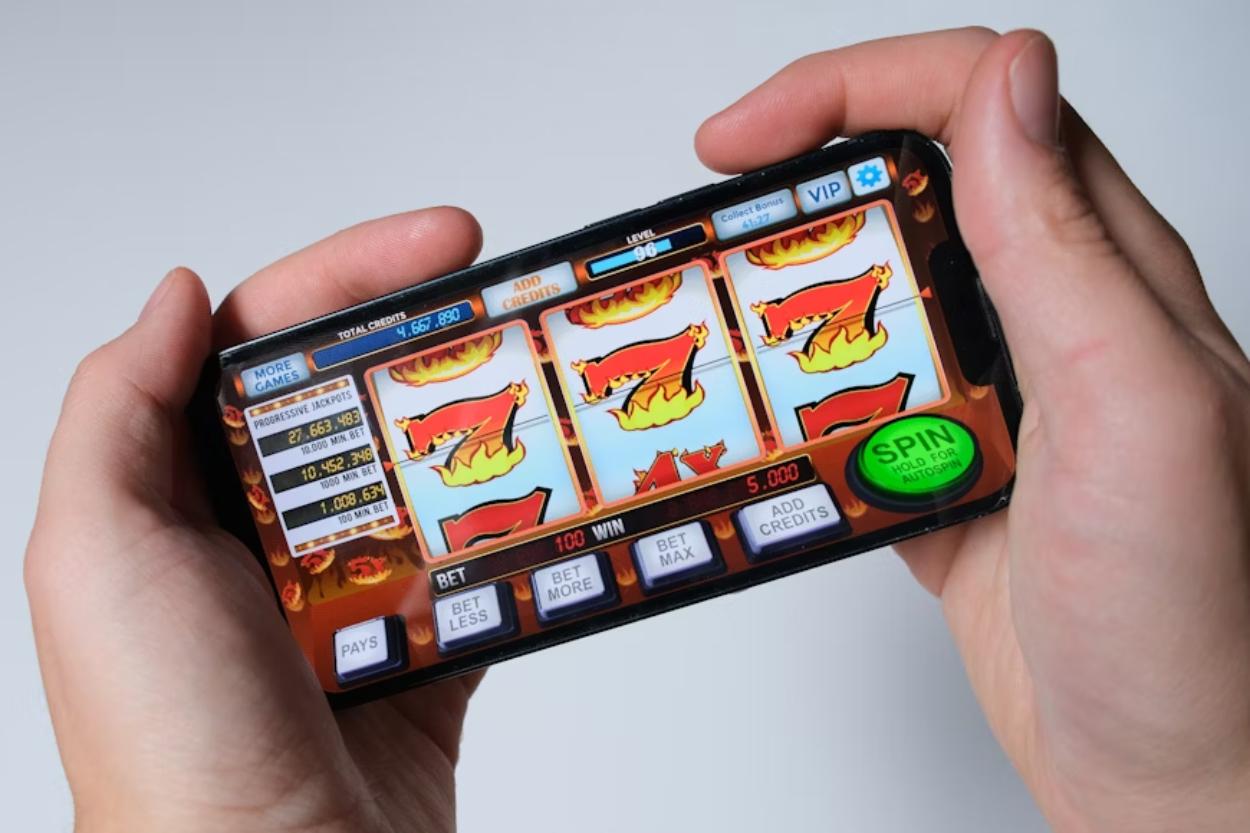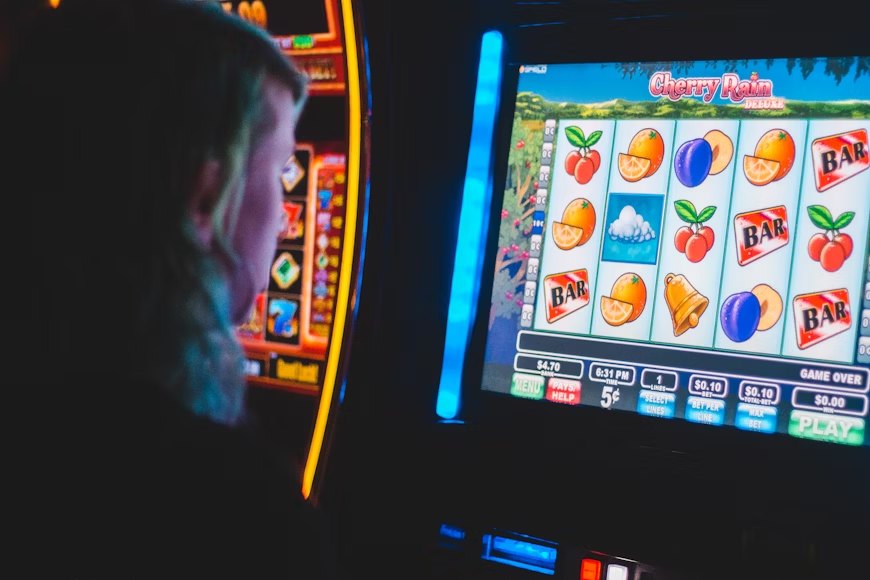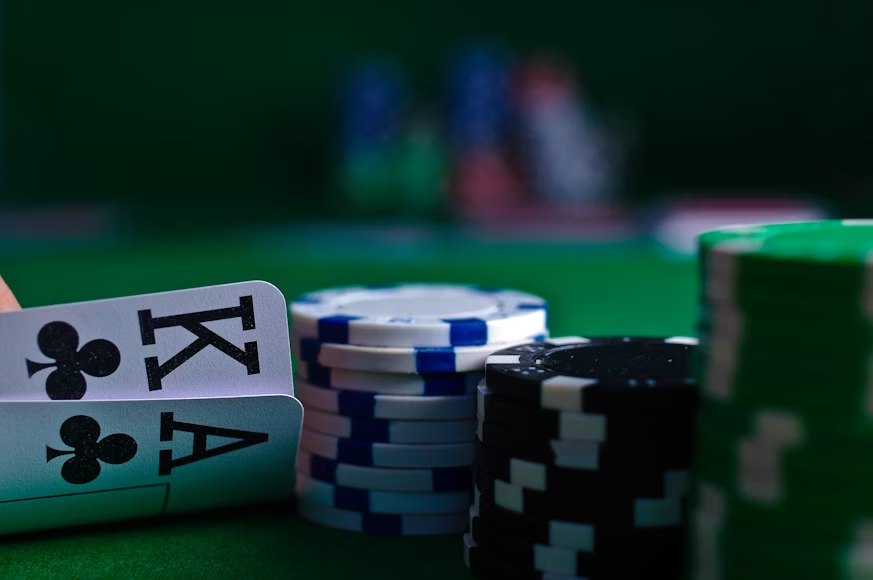Best Mobile Game Genres for Practicing Casino Tactics

Mobile games are often dismissed as simple distractions. But specific genres can serve as valuable training grounds for casino play. Whether the goal is to sharpen pattern recognition, improve reflexes, or master probability, casual titles offer a low-pressure way to build skills that will later be helpful in high-stakes environments. The connection between these two worlds may seem unlikely, yet the overlap is evident.
Why Practice Matters in Casino Games
- Casino titles are often seen as contests of luck, but serious players know that success involves far more than hoping for favorable outcomes. Every roulette spin or card flip is guided by probability, careful discipline, and thoughtful decision-making. The ability to calculate odds, manage resources, and resist impulsive choices separates casual players from those with a better understanding of the game.
- Free mobile titles across genres such as puzzle, strategy, or arcade provide a no-risk environment to strengthen these qualities. The challenges in these games reflect the same mental agility demanded in casinos. Importantly, practice in such formats reinforces control under pressure, so reactions are steady rather than rash when faced with real stakes. This is where gambling websites like Coinplay.com show relevance and offer a space where sharpened skills meet real rewards.
Puzzle Games: Training Pattern Recognition

- Puzzles are among the most popular mobile genres that feature match-three grids, number puzzles, and spatial challenges. At first glance, they may appear casual and lighthearted. However, these games demand an attentive eye and the ability to recognize recurring sequences. The player who anticipates the next move, rather than reacting after the fact, consistently performs better.
- In casinos, similar cognitive skills can be advantageous. Slot machines, though relying on random outcomes due to their use of Random Number Generators, have identifiable patterns in their game mechanics and bonus structures. Recognizing these patterns enhances a player’s understanding of how the game works.
- In blackjack, identifying card distributions and trends (through strategies like card counting) can guide decisions on hitting or standing, thus improving a player’s odds. Even in roulette, while the outcome remains random, some players feel more comfortable noticing trends in the distribution of numbers and colors. However, these observations do not affect the randomness of the results.
- Puzzle games reward patience, methodical observation, and steady focus. These traits translate directly into more brilliant casino play, where understanding the game’s rhythm offers an edge.
Strategy Games: Probability and Long-Term Planning
If puzzle formats sharpen recognition, strategy games build foresight. They demand players plan several moves, conserve resources, and balance risk against reward. These scenarios mirror casino games like poker, where probability and endurance often matter more than single lucky hands.
The overlap between the strategy game genre and casino skills can be summarized clearly:
| Strategy Skill | Casino Equivalent | Practical Benefit |
|---|---|---|
| Resource management | Bankroll management in poker or betting | Avoids reckless spending |
| Anticipating opponent moves | Reading other players in poker | Improves decision-making under pressure |
| Calculating probabilities | Assessing card odds or sports outcomes | Increases informed risk-taking |
| Adjusting tactics mid-game | Shifting strategies in tournaments | Builds adaptability |
This comparison illustrates how strategy games encourage the same habits that lead to consistent performance in casino environments. When a player learns to guard resources in a digital battlefield, that discipline easily translates to bankroll control. Poker hands or betting odds feel less intimidating when probability becomes second nature in tactical games.
Practicing strategy through these titles does more than entertain; it instills a mental framework for making calculated choices at the casino table.
Arcade Games: Speed and Reflex Training
- Arcade-style mobile titles directly test reflexes. Endless runners, shooting challenges, and fast-paced reaction games require players to think instantly and act without hesitation. A split-second delay usually leads to failure.
- Casino titles can place similar demands on players. Slots with rapid bonus rounds, live baccarat with timed betting windows, or live blackjack require immediate focus—the quicker and more accurate the reaction, the better the outcome. While the stakes in arcade games are lighthearted, the skill of handling pressure with calm precision mirrors the tempo of many casino experiences.
- Arcade practice also builds resilience. Losing quickly is part of the genre, but learning to reset without frustration mirrors the emotional stability required in fast-paced casino sessions.
Bonus Genre: Social & Multiplayer Games
- Beyond puzzles, strategies, and arcades, mobile platforms also feature multiplayer titles where opponents face each other directly. Here, the advantage lies in mechanics and understanding human behavior. The central features are reading subtle patterns, predicting bluffs, and adjusting tactics to match an opponent’s style.
- This resonates strongly with poker rooms or live casino tables on platforms like Coinplay. The ability to interpret a rival’s hesitation or confidence, even in a virtual space, can alter the outcome of a match. Multiplayer games become psychological exercises, where composure and adaptability are tested just as much as mechanical skill.
From Mobile Games to Online Casino Mastery

The link between mobile games and casino play shows how everyday titles sharpen tactical thought. Puzzles build recognition, strategies improve probability skills, arcade formats train reflexes, and multiplayer modes develop psychological insight. Each genre offers tools that go beyond casual fun. They provide skills that matter with every spin and deal on gambling platforms.
Final Thought
Mobile games may seem like casual entertainment, but they can also serve as valuable practice grounds for real casino play. By sharpening focus, patience, reflexes, and decision-making in a low-pressure setting, players prepare themselves for the discipline required in higher-stakes environments. While no mobile title can guarantee success in gambling, the habits and skills developed—such as bankroll control, probability assessment, and emotional balance—can make all the difference once real money is involved.
